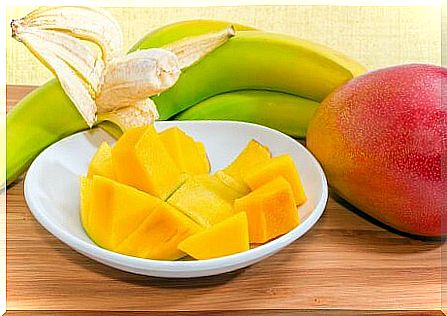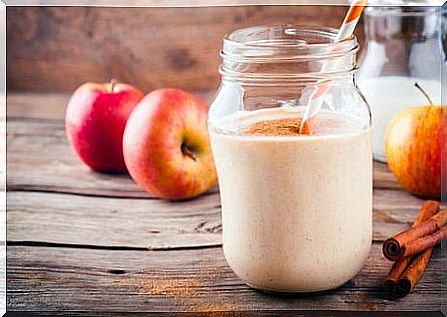Five Foods For Good Study Results

Did you know that there are specific foods for good study results?
School work requires a lot of energy. Children spend several hours a day reading books, trying to understand and remember what they learned in school, and it can be very stressful.
Eating right is not so much about quantity, but about quality. Give your children something easy to eat so that they do not get stuffed. Too much food forces the digestive system to work harder, which means that there is very little energy left for learning. By eating lightly, you help digestion.
Blood flow is focused on the hardest working organs, while certain foods benefit the ability to learn more. During tests, it is clear that as much energy as possible should be directed to one and the same place: the brain.
Food for good study results
Below we give you a list of foods that are good for school work. The list is based on nutrients that contribute to the release of neurotransmitters. These nutrients are good enough for both children, teenagers and adults to enjoy them.
1. Walnuts and other nuts
Is it a coincidence that walnuts look like the human brain? Whatever it looks like, walnuts contain lots of fatty acids, phosphoric acids and omega-3, a perfect combination to stimulate the brain.
Eating walnuts and other nuts helps memory. They also stimulate critical thinking.
Below is interesting information about walnuts:
- Walnuts contain magnesium and fiber. Magnesium and fiber regulate blood sugar levels and blood flow.
- They contain antioxidants and keep the mind young.
- Walnuts contain omega-3, which contributes to maximum learning ability.
- Walnuts stimulate the production of serotonin.

2. Banana
Banana is a delicious and complete food that is good for school work. The human brain absorbs 20% of the body’s energy and it is important to recreate the energy consumed.
Banana contains a lot of B and C vitamins, but even more important to know is that banana contains potassium salt and tyrosine. Potassium salt and tyrosine stimulate, among other things, the production of neurotransmitters that are important in learning. Neurotransmitters contain serotonin and dopamine.
Eating a banana, every two or three days, is important for the body’s well-being. Bananas contain the following nutrients:
- Tyrosine : increases the production of new neurotransmitters.
Potassium salt, B vitamins and folic acid: increase brain function.
3. Avocado
Avocados contain i.a. much omega-3, a monounsaturated fat that promotes the nervous system.
An avocado the night before a test will help your child remember, learn and reason in the best possible way. Avocados are also rich in B and C vitamins, potassium salt and magnesium. If your child eats avocado with salt and lemon, he or she will get a little of each while activating the nervous system.
4. Dark chocolate
Another natural source of energy that helps with schoolwork and other difficult school and work tasks is chocolate. To avoid too much sugar, milk and fat which complicates digestion, choose dark chocolate.
A small chocolate cake before or during school work helps your child to concentrate better on the task. Walnuts, bananas and chocolate stimulate the production of endorphins. Endorphins support the development of the nervous system and keep us alert.
Chocolate contains cocoa which is rich in caffeine and antioxidants. They stimulate the nervous system and brain activity.

5. Apples
Apples help the brain to stay alert without the addition of caffeine. They also help when we want to reduce anxiety and thirst.
Before exams, there is nothing better than choosing the right food for good study results. To take full advantage of the food’s properties, however, you also need to rest and exercise.
Finally, we also want to add: avoid carbohydrates and fats, and drink plenty of water. It is important to maintain fluid balance when studying.









